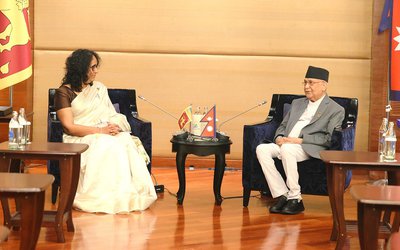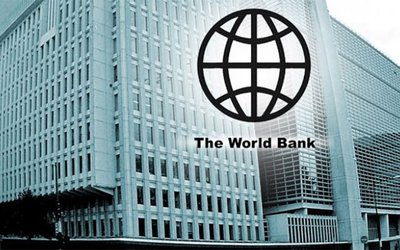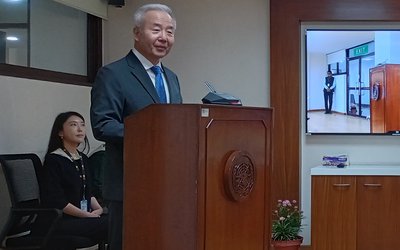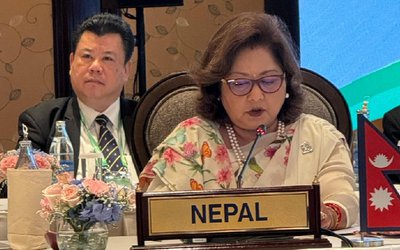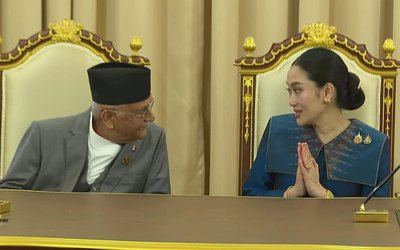
We read newspapers, we watch news on TV channels and we follow online news. The media coverage remains predominantly political. Except some, it’s largely about power sharing, political disputes, party splits, poll alliance, benefits to parliamentary leaders and VVIPs, protests and strikes, constitution amendment and never-ending meetings.
The key political leaders, in the government and the government in waiting, have full packed schedules. But, the citizen were taken aback last week when the parliamentary session had to be adjourned without entering the main business in the lack of a quorum (one-fourth) as the parliamentarians left soon after recording their attendance. Only 97 continued to stay although 477 parliamentarians (of the current 592) had signed the register when the meeting commenced.
The parliament was scheduled to endorse the bills related to the National Dalit Commission, the National Inclusion Commission and the Indigenous Nationality Commission. There have been repeated incidents of House adjournment in the past months in the lack of the required number of attendants in the session. The parliamentarians get NPR 500 in allowance for recording their attendance, and NPR 1000 to cover their transport expenses, not to mention they come from taxpayers’ money, and moreover they are representatives of the people.
I am not raising political coverage or parliamentary attendance as primary purpose of my article here. What I am raising here is the lack of sight of the government and the parliamentarians on the important issue of functioning of local units under federal setup. Based on my recent visits to local units in Kathmandu Valley and outside, I feel that the elected representatives are somewhat lost in discharging their roles vis-à-vis people expectations. They are not clear about development of municipal plans, implementation modalities and compliances.
Elected representatives have political vision and passion for development. But they have frustrations due to the lack of adequate staffing at local bodies. Elected representations, increased funds, lacks of staffing and slow service delivery are contradictions. There is a conflict between local government and central government in administrative set up. Who is responsible for this situation?
The government employees in the capital and district headquarters are not fully agreeing to go to their new offices at local bodies. There are some issues of hierarchies and physical infrastructure, but these should be sorted out as work-in-progress. The government and the parliamentarians must discuss this situation as a priority, and resolve it permanently through legal provisions. If not, the local bodies should be allowed to hire staff, as they require through a competitive process.
The local government is a stable set up, and there should be no attempt from the central government to weaken local bodies. There is a risk of Nepal sliding down to centralized federalism, with seven Kathmandu capitals in seven provinces and local bodies not being to function as local government if the business as usual continues. Please take up this issue as a priority before the confidence of local people in the local government fade away.
At the same time, local bodies should start thinking about sustaining themselves through revenue generation so that they are not subjected to the mercy of the central or provincial government for additional staffing and infrastructure in the future. From next year, there will decreased funding from the central government as it has to cater several layers of government bureaucracies.
We have hopes. We have no grievances for political leaders being busy, but we citizens trust that they become productive too to make local governance effective and functional.
Dr. Manandhar is an expert of international development. Currently, he is working as Country Director of The Lutheran World Federation. He is the Convener of ACT Alliance Nepal Forum. He is also a visiting faculty at the Kathmandu University. He can be reached at prabin.manandhar11@gmail.com
- World Humanitarian Day 2024: Committing to Peace and Accountability
- Aug 19, 2024
- Nepal Investment Summit: Unlocking Economic Potentials For Growth And Development
- Apr 28, 2024
- Investing In Women: Accelerating Progress
- Mar 10, 2024
- Embracing The 'Empty Chair: Advancing Global Inclusivity And Equitable Development
- Dec 29, 2023
- Mental Health In Youth
- Jul 16, 2023







